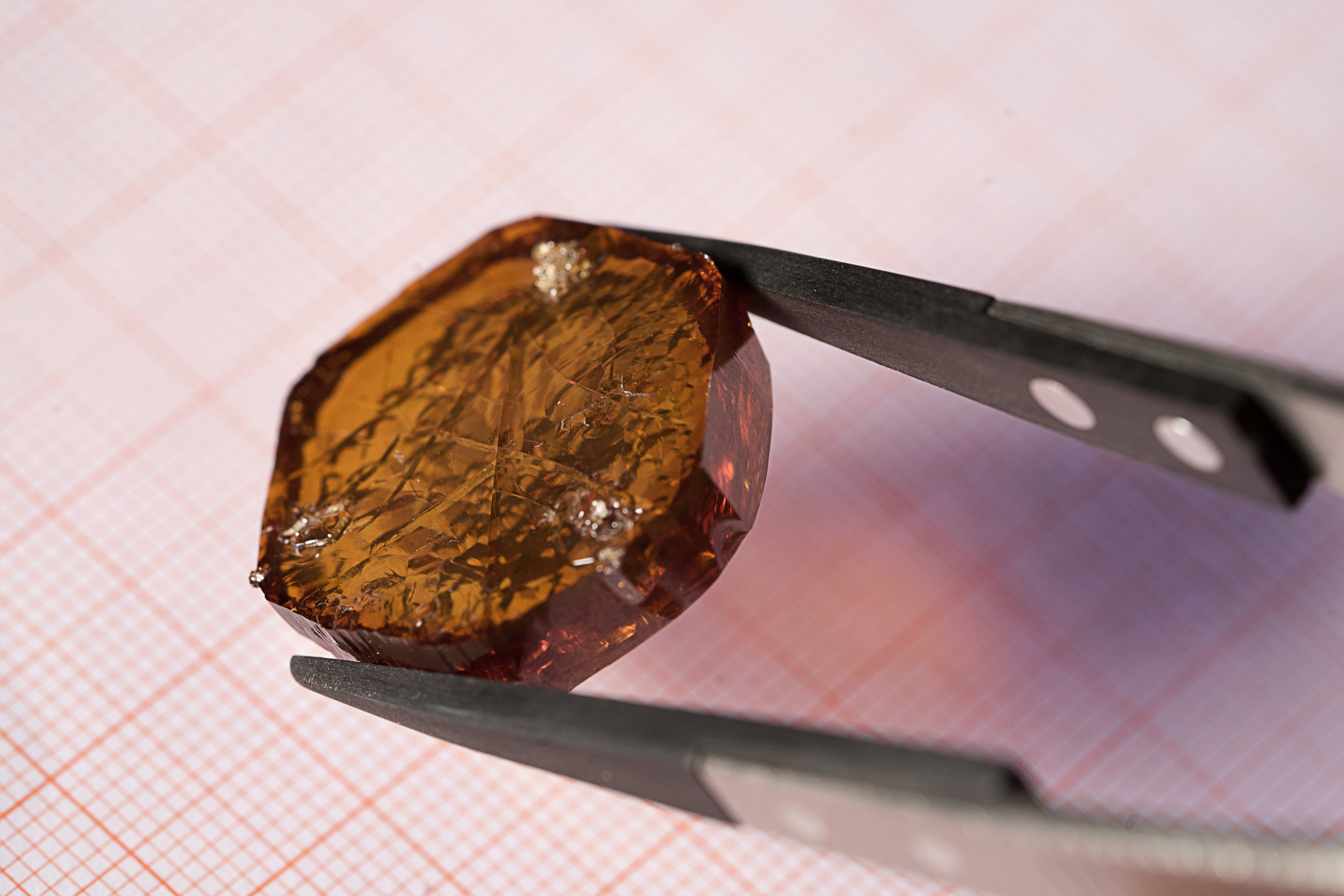Smaller, faster, more energy efficient – powerful devices for digital transformation
Highly efficient power semiconductors are to pave the way for a wide range of new applications – from electromobility to artificial intelligence (AI). This is the aim of the recently launched project “Power Transistors Based on AlN (ForMikro-LeitBAN)”, in which FMD members Fraunhofer IISB and Leibniz FBH are also involved.

Smart energy supply, electromobility, broadband communication systems, and AI applications – the number of interacting and networked systems is constantly growing. However, this also increases primary energy consumption. In particular, the conversion of electrical energy into the form required by a specific application entails losses – in Europe alone already estimated at more than three terawatt hours. This corresponds to the amount of electricity produced by a medium-sized coal-fired power plant. In the future, these losses will no longer be ecologically and economically bearable. In order to enable applications in Industry 4.0, AI and other areas, ForMikro-LeitBAN is researching technological measures to increase efficiency.
New semiconductor materials can save energy and significantly reduce CO2 emissions
The basic prerequisite for this are efficiently switching power semiconductors that enable high energy density. Used on a large scale, they would make a noticeable energy saving – a relevant contribution to CO2 reduction. To increase the efficiency of systems, static and dynamic power losses must be reduced. However, efficiency increases are hardly possible with current silicon-based power devices. Therefore, new semiconductor materials with more powerful properties must be researched and brought to market maturity.
Aluminum nitride – raw material with potential
The project partners rely on aluminum nitride (AIN). This semiconductor material, which has been little researched for electronic applications for a long time, could offer an up to 10,000 times lower transmission loss compared to silicon devices. It is also characterized by a very high breakdown voltage strength and thermal conductivity – ideal prerequisites for power semiconductors with high energy density and efficiency. Free-standing insulating AlN wafers are to be used and qualified as the material basis. Compared to AlN epitaxy on foreign substrates, such as silicon carbide, the dislocation density can be reduced by five orders of magnitude. This offers the potential for fast and efficient switching devices with high reliability.
Full process chain – from crystal growth to system demonstrators
The novel AlN devices are conceptually based on the well-researched GaN technology. What is new is the transition from the usual foreign substrates such as silicon carbide, sapphire or silicon to free-standing AlN substrates. ForMikro-LeitBAN researches the development of such AlN wafers and tests them in a tailor-made device process. Test systems for millimeter wave applications and for power electronic energy converters qualify the new highly efficient AlN devices for applications in corresponding systems. They prepare the transfer of this technology into an industrial environment. This is planned as part of a follow-up project. An industrial advisory board supports the work in the consortium: Infineon for power electronics, UMS for millimeter wave technology and III/V-Reclaim for the reclaim of the AlN wafers.
The project is funded by the German Federal Ministry of Education and Research (BMBF) with €3.3 million in the ForMikro program until 2023.
ForMikro-LeitBAN
The following partners are participating in “ForMikro-LeitBAN” and together cover the entire value chain from AlN wafers to millimeter-wave or power electronic systems:
• Ferdinand-Braun-Institut FBH, Berlin: AlN device design and development
• Fraunhofer IISB, Erlangen: AlN crystal growth, wafer manufacturing
• TU Bergakademie-Freiberg: Process module development, analytics
• Friedrich-Alexander-Universität Erlangen-Nürnberg: material analysis
• Brandenburg University of Technology Cottbus-Senftenberg: AlN millimeter wave systems
• Technische Universität Berlin: AlN power electronic systems
Last modified: